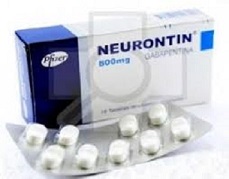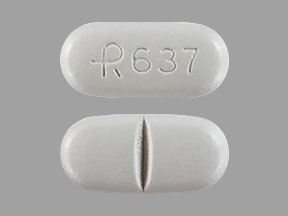It is rare to experience withdrawal symptoms from gabapentin, but it does happen. A review of medical journals published between 1993, when gabapentin was approved, and 2015, found 18 case reports of gabapentin addiction, dependence, or withdrawal.

Doctors publish case reports when they encounter a patient with a rare disorder or with a condition that they want to make their colleagues aware of. Case reports are significant because they help further knowledge and identify subjects worthy of future research.
It’s worth noting that just because there are so few reports of gabapentin withdrawal, doesn’t necessarily mean it’s as rare as people once thought. It’s possible that many people simply don’t seek treatment for gabapentin withdrawal.
According to the Drug Enforcement Administration (DEA), gabapentin use is on the rise. Doctors wrote more than double the amount of gabapentin prescriptions in 2017 as they did in 2011.
The illicit use of gabapentin also appears to be increasing.
In a small survey of prescription drug abusers in Appalachian Kentucky, 15 percent reported using gabapentin to get high. That number is a 165 percent increase from the year prior and a 2,950 percent increase from 2008.
Opioid users have reported using gabapentin to intensify their high. Cocaine users have reported the same, as well as attempts to use gabapentin to help alleviate cocaine withdrawal.
Signs and Symptoms
Among the documented cases, gabapentin withdrawal began between 12 hours and 7 days after the last dose.
The majority saw withdrawal symptoms within 24 to 48 hours.
The most common symptom was agitation, occurring in about half of the recorded cases. Confusion and disorientation were the next most common symptoms, followed by:
-
-
- Sweating
- Gastrointestinal symptoms
- Tremors
- Fast heart rate
- High blood pressure
- Insomnia
-
In many of the cases reported in the medical journals, individuals entered gabapentin withdrawal without the intention to do so.
This was typically a result of running out of gabapentin or leaving it at home during a trip out of town.
This sample of cases is unlikely to be reflective of most people’s experiences with gabapentin withdrawal. The reason for this is that only people with severe or alarming symptoms seek emergency medical treatment.
Among the cases reported, gabapentin withdrawal symptoms typically peaked three days after someone’s last dose. In almost all cases, doctors eventually treated the symptoms by resuming the previous gabapentin dose. Once people resumed their dose, their symptoms disappeared within hours.
